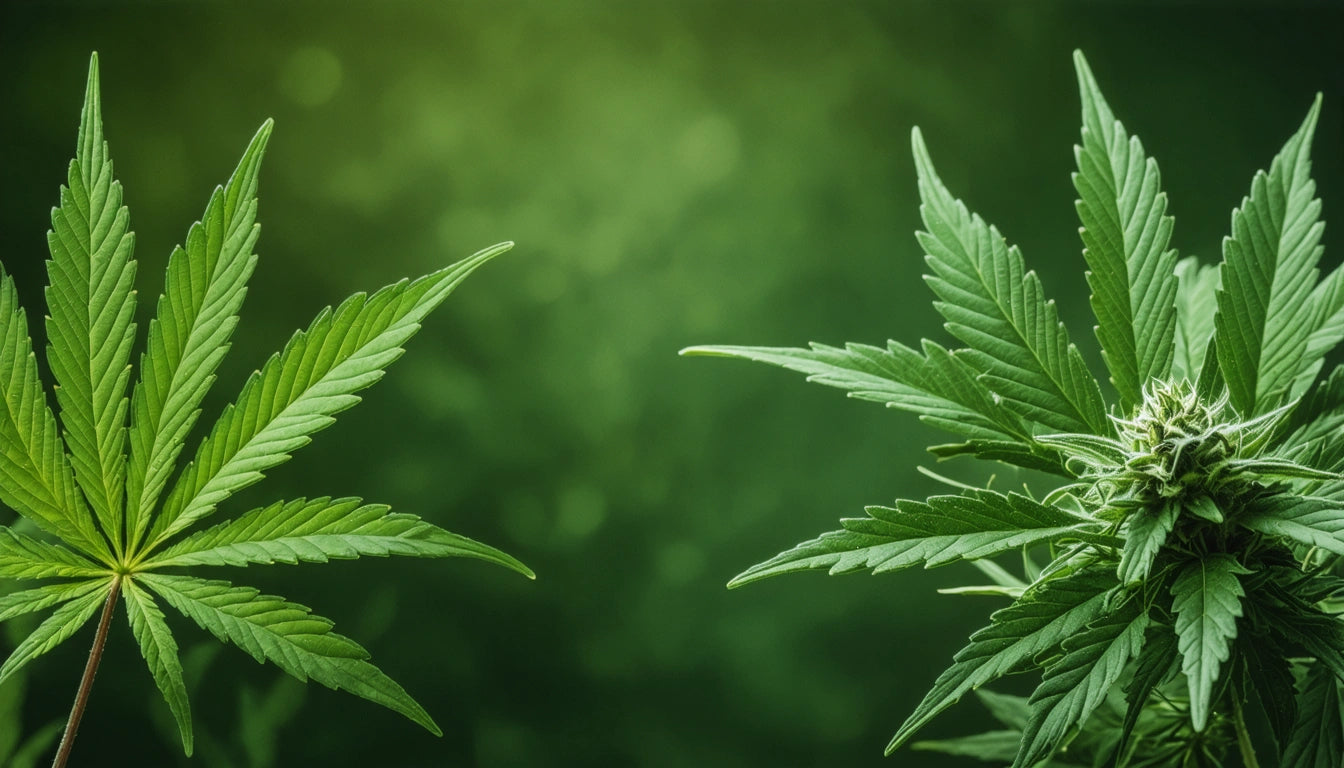Table of Contents
Understanding Pre-Employment Drug Testing: Procedures, Timing, and Legal Considerations
Pre-employment drug testing has become a standard practice for many employers across various industries. Understanding what to expect can help job seekers navigate this process with confidence. This guide covers the most common testing methods, typical timelines, privacy concerns, and legal considerations that apply to workplace drug screening.
Common Types of Pre-Employment Drug Tests
When wondering what is the most common pre-employment drug test, the answer is clear: urinalysis remains the standard choice for most employers. This method is cost-effective, non-invasive, and detects recent drug use within the past few days to weeks.
Other testing methods include:
- Blood tests: Less common but more accurate, these detect current impairment and recent use
- Hair follicle tests: Can detect drug use over a longer period (up to 90 days)
- Saliva tests: Becoming more popular due to ease of collection and detection of very recent use
- Breath tests: Primarily used for alcohol detection
Most standard pre-employment screens test for a 5-panel array that includes marijuana, cocaine, amphetamines, opiates, and PCP. However, expanded panels may include prescription medications, alcohol, or additional substances depending on the employer's requirements.
For a deeper understanding of what substances are typically screened, you can review this guide on drug screens and how they differ from drug tests.
Timing and Expectations for Pre-Employment Testing
When do employers drug test new hires? Typically, testing occurs after a conditional job offer but before the first day of work. However, the exact timing can vary by company and industry. Some key patterns include:
- After the initial interview but before a final offer
- After accepting a conditional offer but before starting work
- During the first week of employment (less common)
- As part of a pre-employment physical examination
How long does a pre-employment drug test take? The actual collection process is relatively quick, usually 5-10 minutes for urine tests. However, the entire appointment might take 15-30 minutes due to paperwork and processing.
Results typically take 24-72 hours, though some facilities offer rapid testing with same-day results. For positions in healthcare, transportation, or public safety, employers may prioritize faster processing of results.
Privacy and Supervision During Testing
Many job candidates wonder, "Do they watch you pee for pre-employment drug test procedures?" Generally, direct observation is rare for standard pre-employment screenings. Most facilities provide private bathrooms with certain safeguards to prevent tampering:
- Water is turned off or colored blue in toilets
- No access to soap or hand sanitizer in the collection area
- Requirement to empty pockets before entering
- Temperature strips on collection cups to verify sample freshness
Direct observation is typically reserved for specialized situations such as testing for probation, parole, or certain federal positions. For standard employment screenings, privacy is generally respected while maintaining testing integrity.
As noted in this overview of urine drug test processes, facilities balance privacy concerns with maintaining sample validity.
Legal Considerations and State Variations
The legal landscape for pre-employment drug testing varies significantly by state. For example, Colorado pre-employment drug testing laws allow testing but with certain restrictions on how results can impact employment decisions, particularly regarding marijuana use.
Some key legal considerations include:
- Can employers drug test without notice? In most states, yes, though many provide advance notice as a courtesy.
- Do pre-employment drug tests test for weed? Most standard tests do include marijuana, though some states now limit how employers can use positive cannabis results.
- Americans with Disabilities Act (ADA) protections for prescription medications
- State-specific protections for medical marijuana patients
For companies operating across state lines, maintaining compliant packaging for testing supplies is essential. Many facilities use specialized containers with secure closures to ensure sample integrity during transport and storage.
If you're concerned about marijuana testing specifically, this resource on employer marijuana testing in legal states provides state-by-state guidance.
Drug Test Results: Timeline and Access
How long for pre-employment drug test results? Most employers receive results within 1-3 business days. Negative results are typically processed faster than positive results, which may require additional confirmation testing.
Can I see my pre-employment drug test results? This depends on company policy and state laws. Some states grant candidates the right to request their results, while others leave this to employer discretion. If you're concerned about the results, you can:
- Ask the HR department about their policy on sharing results
- Request results directly from the testing facility (though they may require employer authorization)
- Check if your state has laws granting access to your results
What happens if you test positive? Consequences vary by employer and substance. Some may rescind job offers immediately, while others might request explanation for prescription medications or offer a second chance. Understanding what happens if you fail a pre-employment drug test can help you prepare for potential outcomes.
The Future of Workplace Drug Testing
As marijuana legalization expands and workplace attitudes evolve, pre-employment drug testing practices continue to change. Several emerging trends include:
- More employers dropping marijuana from testing panels in states where it's legal
- Increased focus on impairment testing rather than past use detection
- Greater emphasis on safety-sensitive positions versus blanket testing policies
- Development of more accurate testing methods to determine current impairment
For job seekers navigating this changing landscape, staying informed about both employer policies and legal protections in your state provides the best preparation for success. As workplace drug testing evolves, the balance between safety concerns and personal privacy will continue to be refined through policy and legal frameworks.











Leave a comment
All comments are moderated before being published.
This site is protected by hCaptcha and the hCaptcha Privacy Policy and Terms of Service apply.